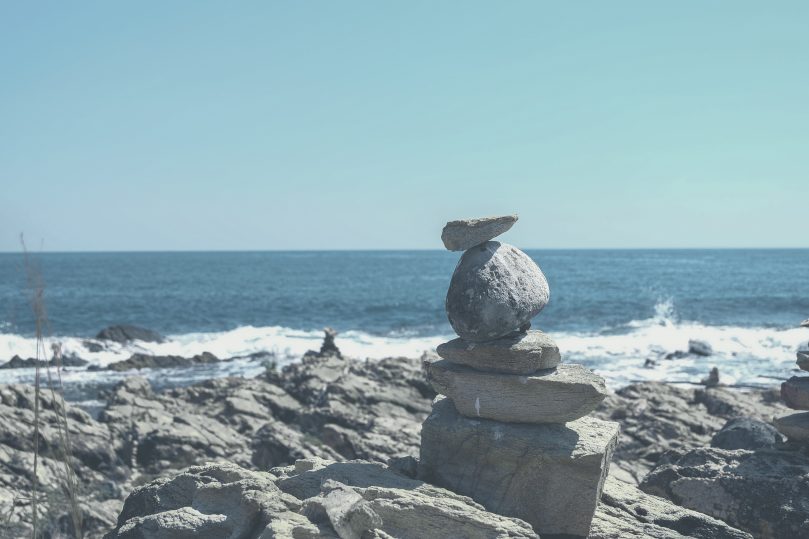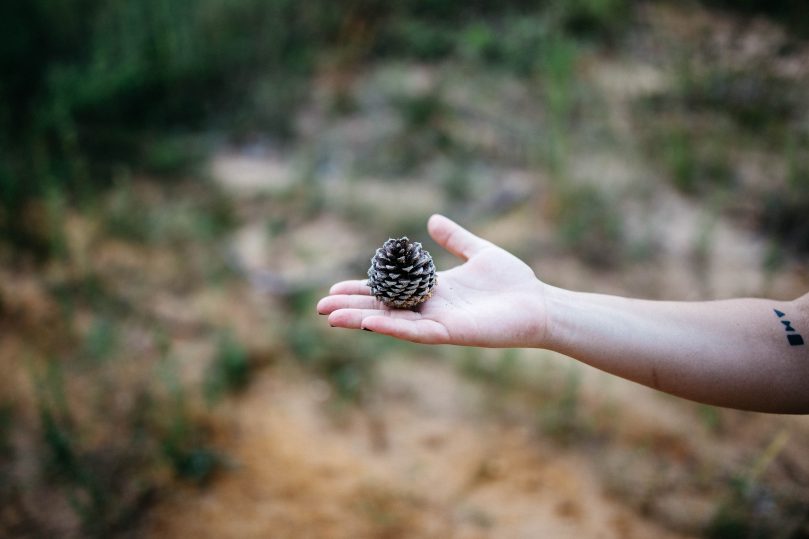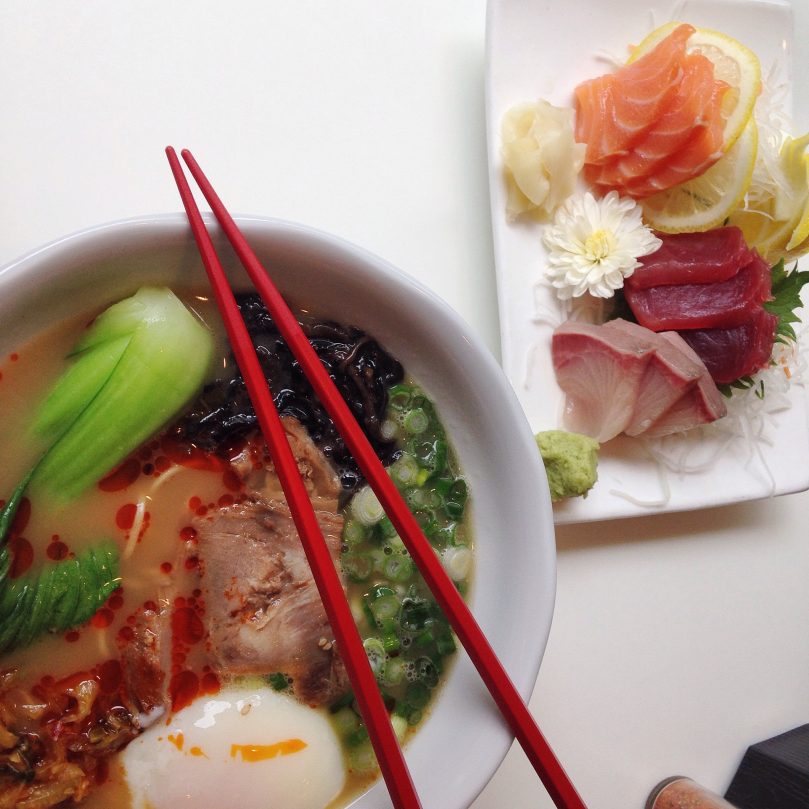The Buddhist nun known as Ryonen was born in 1797. She was a granddaughter of the famous Japanese warrior Shingen. Her poetical genius and alluring beauty were such that at seventeen she was serving the empress as one of the ladies of the court. Even at such a youthful age fame awaited her.
The beloved empress died suddenly and Ryonen’s hopeful dreams vanished. She became acutely aware of the impermanency of life in this world. It was then that she desired to study Zen.
Her relatives disagreed, however, and practically forced her into marriage. With a promise that she might become a nun after she had borne three children, Ryonen assented. Before she was twenty-five she had accomplished this condition. Then her husband and relatives could no longer dissuade her from her desire. She shaved her head, took the name of Ryonen, which means to realize clearly, and started on her pilgrimage.
She came to the city of Edo and asked Tetsugyu to accept her as a disciple. At one glance the master rejected her because she was too beautiful.
Ryonen then went to another master, Hakuo. Hakuo refused her for the same reason, saying that her beauty would only make trouble.
Ryonen obtained a hot iron and placed it against her face. In a few moments her beauty had vanished forever.
Hakuo then accepted her as a disciple.
Commemorating this occasion, Ryonen wrote a poem on the back of a little mirror:
In the service of my Empress I burned incense to perfume my exquisite clothes
Now as a homeless mendicant I burn my face to enter a Zen temple.
When Ryonen was about to pass from this world, she wrote another poem:
Sixty-six times have these eyes beheld the changing scene of autumn
I have said enough about moonlight,
Ask no more.
Only listen to the voice of pines and cedars when no wind stirs.
Photo by Manu Camargo on Unsplash
Back to Index









